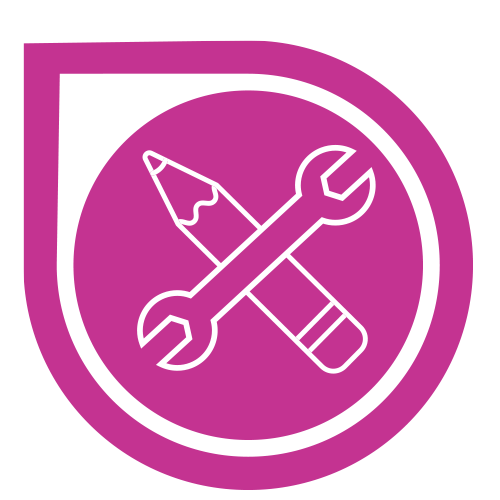Design Technology 
Intent
At New Bewerley Community School, we believe that Design and Technology (D&T) is an inspiring and practical subject which allows children to acquire, develop and embed key creative skills. D&T is an essential part of our broad and balanced curriculum which all children have access to.
Using creativity and imagination, pupils design and make products that solve real and relevant problems within a variety of contexts, considering design criteria, usefulness and properties of different materials and how to join materials to make a successful final product that stands the test of time. Where possible, D&T units make relevant and meaningful links with other areas of our non-core curriculum, such as History, Geography and Science.
Children also have opportunities to evaluate existing products as well as their own and other’s work. They develop their independence, critical thinking skills and also work co-operatively at appropriate times, becoming resourceful and innovative learners from a young age.
Our D&T curriculum is inspired by our curriculum drivers: ‘Collaborate, Contribute, Commit, Create and Celebrate’, as well as supporting children to develop key problem solving and evaluative skills which they can apply across the curriculum and within their wider lives.
Implementation
EYFS:
In the Early Years, daily opportunities are provided for children to develop essential skills in Expressive Arts and Design - creating with materials where children are taught to safely use and explore a variety of materials, tools and techniques, experiment with colour, design, texture, form and function and share their creations, explaining the process they have used. They are also encouraged to make use of props and materials when role playing characters in narratives and stories. Cross-curricular opportunities allow children’s early D&T skills to also be assessed in areas such as ‘Physical Development’, ‘Understanding the World’, and ‘Mathematics.’
Year 1 – 6:
At New Bewerley Community School, children in KS1 and KS2 are taught three units of D&T per year.
The D&T curriculum map is organised into the 5 key strands of:
- Electrical Systems
- Mechanisms
- Structures
- Textiles (and)
- Food & Nutrition
Our D&T curriculum is bespoke and purposefully designed so that each year group’s D&T content links to other topics being studied where it is relevant and meaningful to do so. Every year group is taught Food and Nutrition, in a progressive curriculum that builds skills in the safe preparation and cooking a variety of foods, plus 2 other D&T units per year relating to the above strands. The curriculum is designed so that each of the other strands is taught at least in alternate year groups, with each new unit building on the foundations laid before it and adding new creative, technical and practical skills. This ensures appropriate challenge, breadth and depth in the children’s designing and making.
All our units of work are taught according to the 5 key phases of the designing and making process (with increasing levels of complexity and independence as our pupil’s progress through their primary education). The stages required for successful teaching and learning in Design and Technology are:
- Researching (and evaluating) existing products
- Learning new skills children will need to make their product
- Designing ‘something for somebody for some purpose’ (D&T should solve a problem)
- Making the product according to design criteria
- Evaluating their own and other’s work.
We also aim to inspire by children by researching a key designer who changed the world during each of our KS2 D&T units.
An example of a Y4 Knowledge Organiser
An example of a Y2 Knowledge Organiser
Impact
Children at New Bewerley Community School, after the implementation of this curriculum, will: have a good knowledge of the design process; be critical thinkers who can evaluate their own ideas and those of others in a useful and supportive manner; have developed key skills in the making of a range of products, such as structures, mechanisms, electrical systems and textiles. In addition, they will know about nutrition and be able to cook a range of healthy snacks and meals, safely using everyday kitchen equipment and knowing basic food safety rules. Children will develop independence throughout our D&T curriculum and key life skills such as problem-solving, logical thinking and self-evaluation.
Teachers use on-going formative observations and assessments as well as summative end of unit assessments to evaluate who has met or not met the intended outcomes of each lesson or the unit of work as a whole. Children are given adequate time, resources and support (as needed) for each stage of the designing and making process and additional support can be provided by the class teacher, a teaching assistant or by their peers. By assessing each stage and providing the support needed, all children can make progress and achieve within our D&T curriculum.
Example of a Y4 PrePost Assessment
The D&T Subject Leader will continually monitor the impact teaching is having on the children’s learning through looking at examples of pupil’s work, assessment analysis and pupil interviews to ensure the effectiveness of the curriculum in place.

